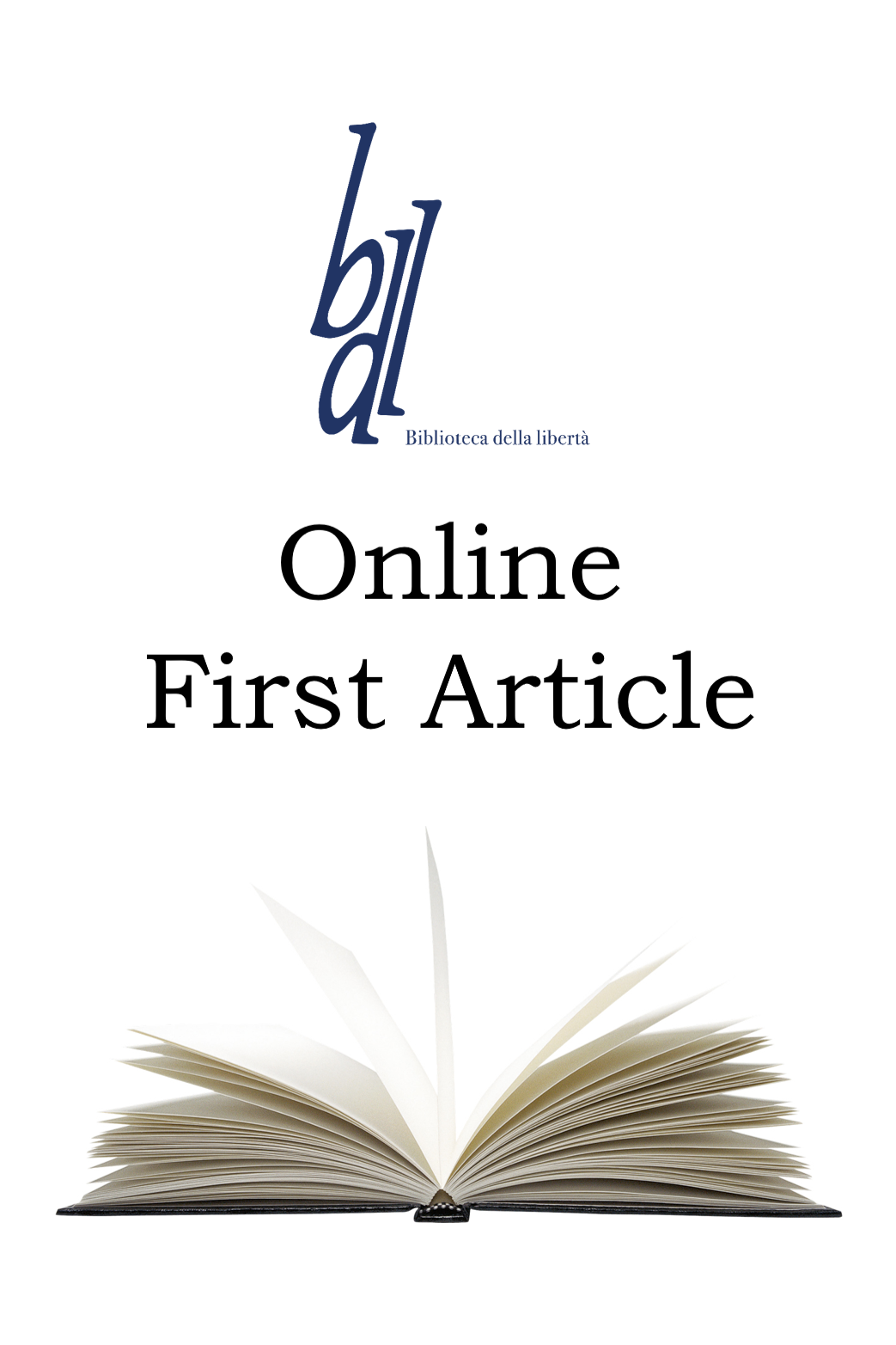- Ricerche e Progetti
- Biblioteca della Libertà
- Pubblicazioni e Working Paper
- Articoli e media
- Eventi e notizie
All issues
Reframing e riconoscimento del diritto al cibo nelle politiche alimentari: una sfida per l’Italia tra policy legacy e nuove sperimentazioni
- Categoria/Category
- Bdl online
- Autore/Author
- Renata Lizzi, Maria Stella Righettini
- Editore/Publisher
- Centro Einaudi
- DOI
- 10.23827/BDL_2024_14
- Luogo/City
- Torino
- Articolo completo/Full text
- 14-Lizzi_e_Righettini.pdf
Abstract
Policy framing plays a critical role in addressing complex and interconnected policy issues such as food insecurity and poverty. Policy frames involve diverse dimensions, interpretations, and stakeholders. A growing body of literature criticizes the limitations and contradictions of current food poverty and food insecurity policy, particularly in developed countries. These policies often prioritize food recovery and food donation through charitable organizations and food banks, neglecting structural solutions and the fundamental dimension of the right to food. In contrast, the right to
food has gained prominence within international law, scholars debate and global initiatives, such as the UN’s Sustainable Development Goals (SDGs), offering a rights-based framework that national policies can adopt. This study builds on existing literature to examine how food poverty and security policies are framed in Western and European contexts, where agricultural productivism and consumer protection biases dominate. The European Union’s regulatory approach, emphasizing food safety, has pushed national policies in the direction of prioritizing food waste reduction, recovery interventions, and charitable food aid, at the expense of adopting a right-to-food approach. In Italy food policies are predominantly shaped by surplus and food waste reduction issues. Policy frames in designing solutions emphasize waste reduction and food aid over a rights-based approach. Italy's case study highlights the lack of constitutional recognition of the right to food and policy focus on poverty alleviation. Alternative experimental strategies and local initiatives struggle due to weak and slow reframing process and a right-to-food framework are emerging and become essential to address systemic inequities in food insecurity and poverty.







